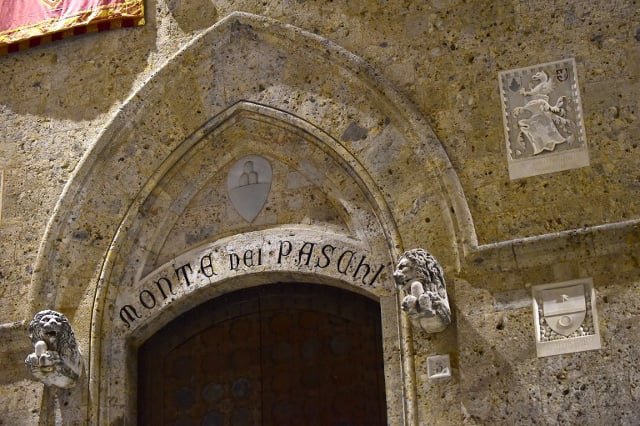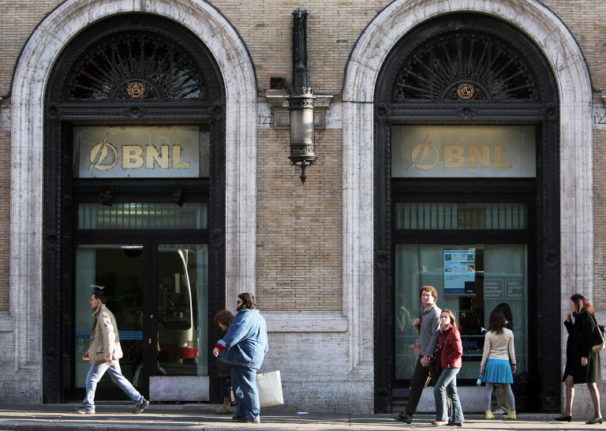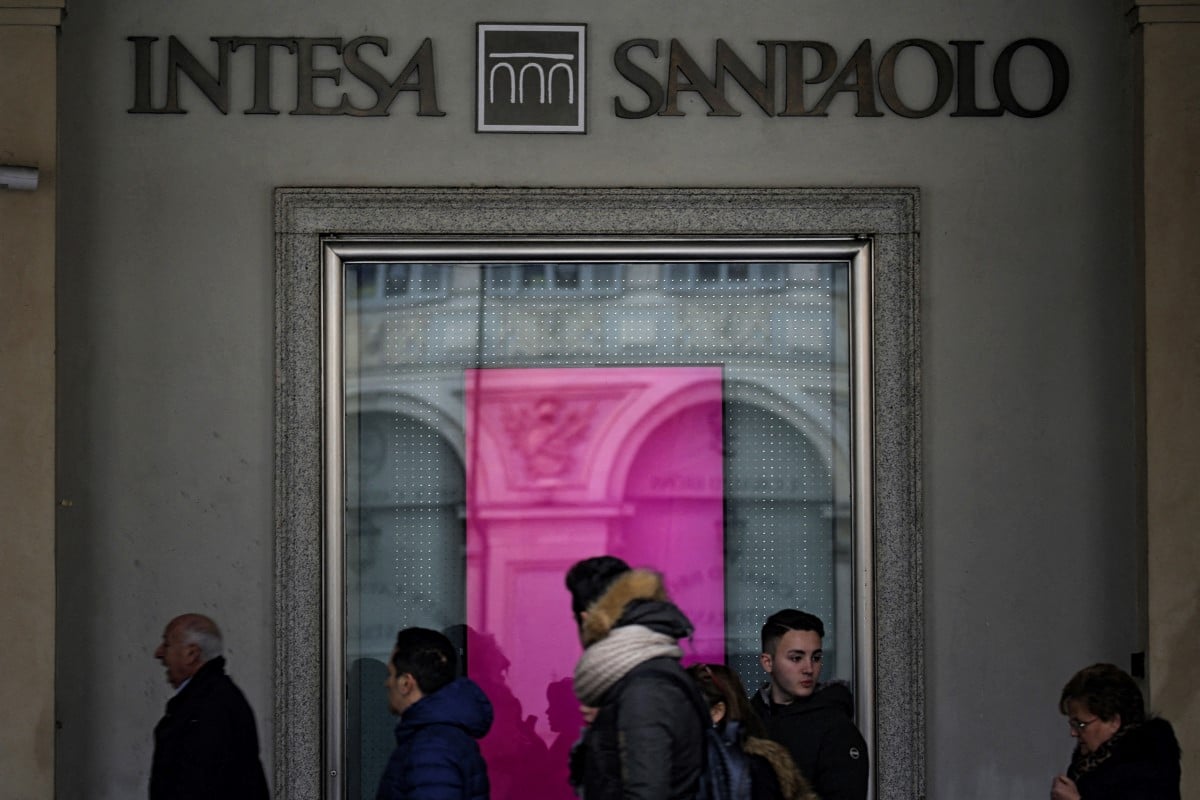BMPS said it had received permission from Italy's market regulator Consob to give small savers who had invested in the bank's bonds and were excluded from a previous operation the opportunity to switch their bonds for shares from Friday through Wednesday.
The oldest bank in the world, BMPS is at the heart of an Italian banking crisis which has cost it over 80 percent of its market capitalisation in the past year, and it posted the worst results in a stress test this July by the European Banking Authority.
On Thursday it announced was relaunching a bid to meet its target of raising 5 billion euros ($5.2 billion) in new capital by the end of December.
The move is a last-ditch attempt to find, through private investors, the funds the ailing lender needs to shore up its balance sheet and stave off a government intervention.
The plan entails selling off 27.6 billion euros in bad loans.
A first debt swap offer to exchange junior bonds for shares raised over 1 billion euros, and this has been reopened.
The bank also received permission to open the offer to some 40,000 small savers, who could help the bank find between another 1 and 2 billion euros.
Institutional investors sought
The bank had been hoping Qatar's sovereign wealth fund will stump up 1 billion euros, but its latest statements make no mention of it.
On Thursday it said only that 65 percent of the five-billion-euro share capital increase was “reserved for an institutional offer to qualified investors in Italy and foreign institutional investors”.
It also said that 35 percent was reserved for the Italian general public, of which at least 30 percent of existing shareholders had preemptory rights. Monte dei Paschi needs to complete the five-billion-euro funding drive by the end of December after the European Central Bank refused to grant its request to extend the deadline to mid-January.
New Italian Prime Minister Paolo Gentiloni confirmed Tuesday that the government was prepared to come to its aid if the private rescue fails.
If it came to that, it would use a move known as “precautionary recapitalization” meaning shareholders and holders of junior bonds, a risky class of debt, must contribute to saving the bank.
As many small Italian savers have said they were led to believe the junior bank bonds were safe investments, forcing them to participate in a rescue is a hot issue that risks huge protests and political fallout.
Retail investors already had to chip in for the rescue of four smaller banks last year, prompting demonstrations and at least one suicide.
The government has reportedly been considering buying back the savers' bonds first and then converting them into shares, with the Italian Treasury taking the hit.
They could also ask savers to convert their bonds themselves, but then compensate them for their losses with taxpayers' money.
Shares in BMPS jumped around 1.5 percent in early trading in Milan, while the main index was up some 0.5 percent.
Founded in Siena in 1472, BMPS has been in trouble for years. Weakened by the disastrous purchase in 2007 of the Antonveneta bank at twice the estimated value, it quickly drifted into scandal when its management team was accused of fraud and misuse of funds.
It subsequently ran up huge losses and has had to raise capital twice since 2014, but by last year it had returned to profit. However, its Achilles' heel are non-performing loans, estimated at 45 billion euros, which require it to hold lots of capital to absorb possible losses, but investors' lack of confidence has seen the value of its capital repeatedly eroded.
Italy, which did not bail out its banks at the height of the eurozone debt crisis, has been labouring under 360 billion euros of risky loans on the books of its lenders, or nearly a third of all of the eurozone's total.
By Celine Cornu





 Please whitelist us to continue reading.
Please whitelist us to continue reading.